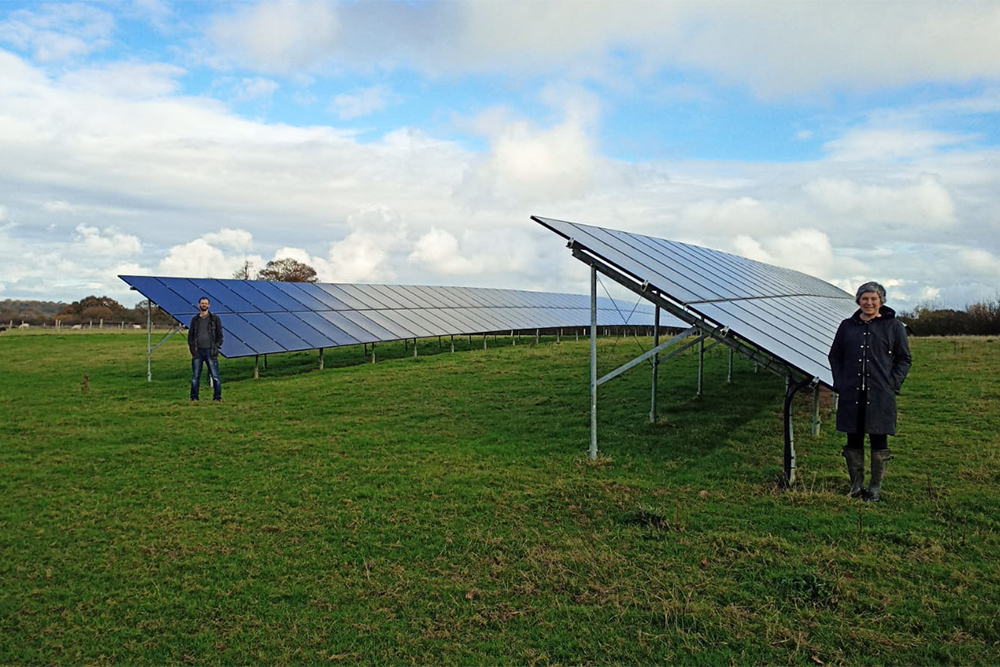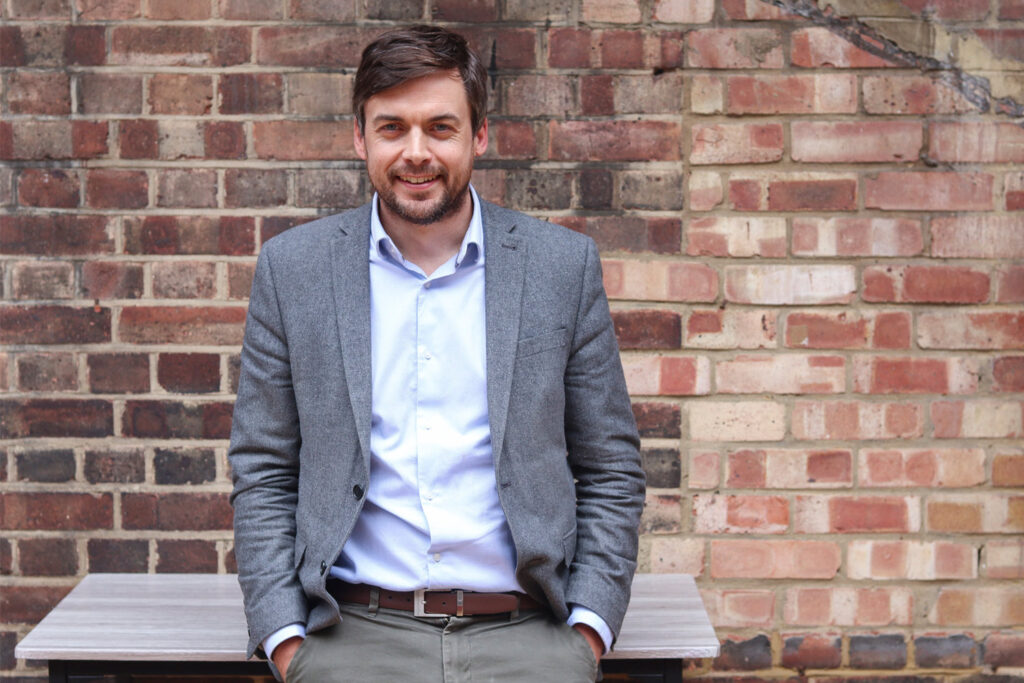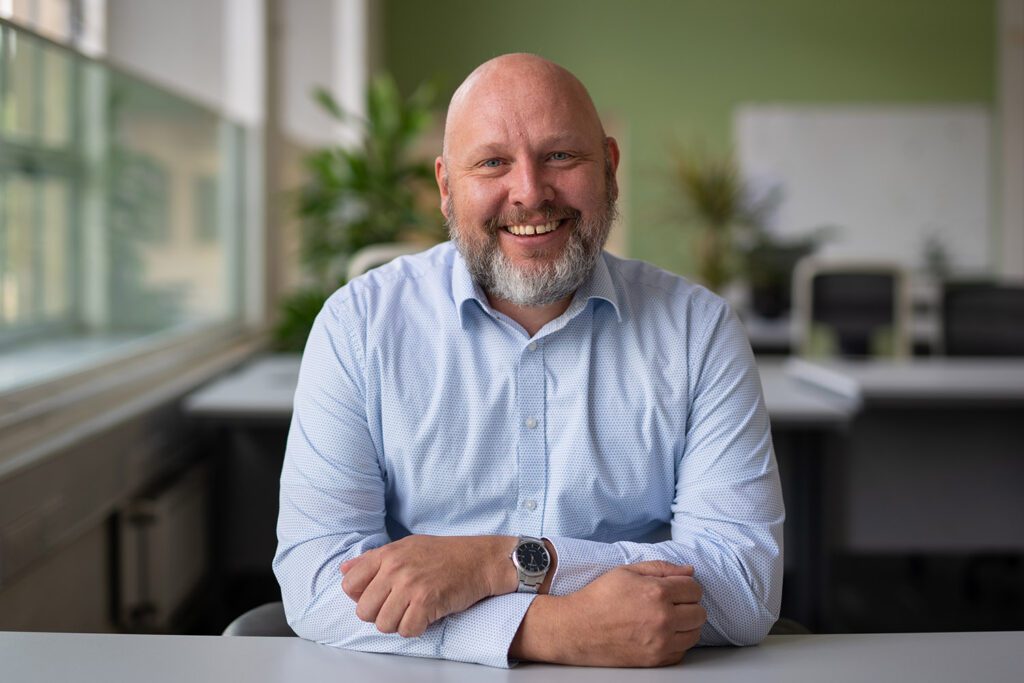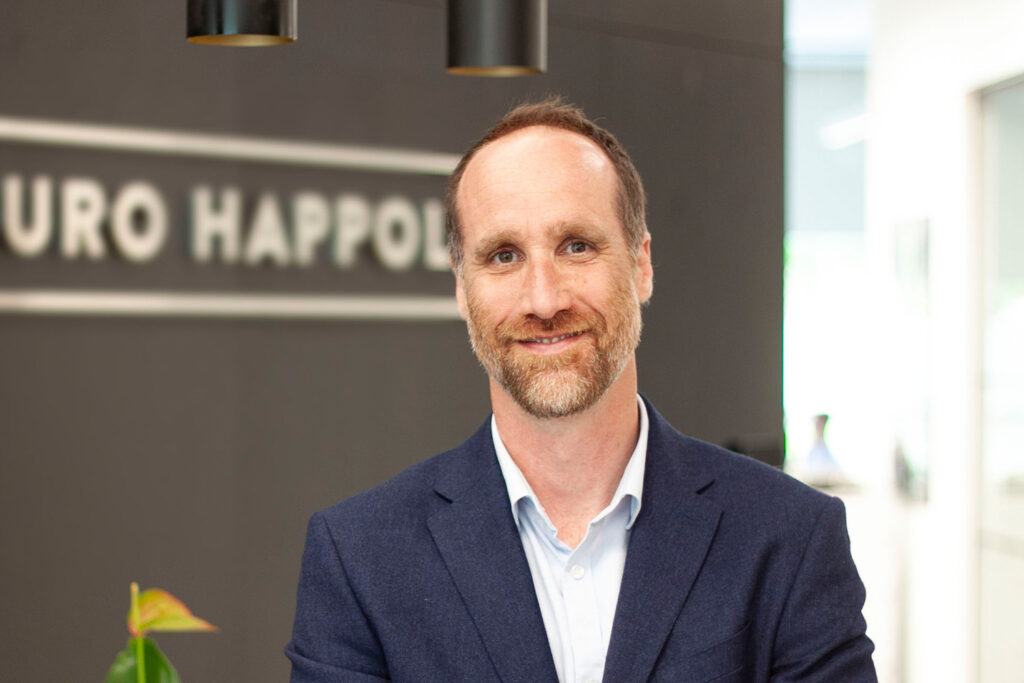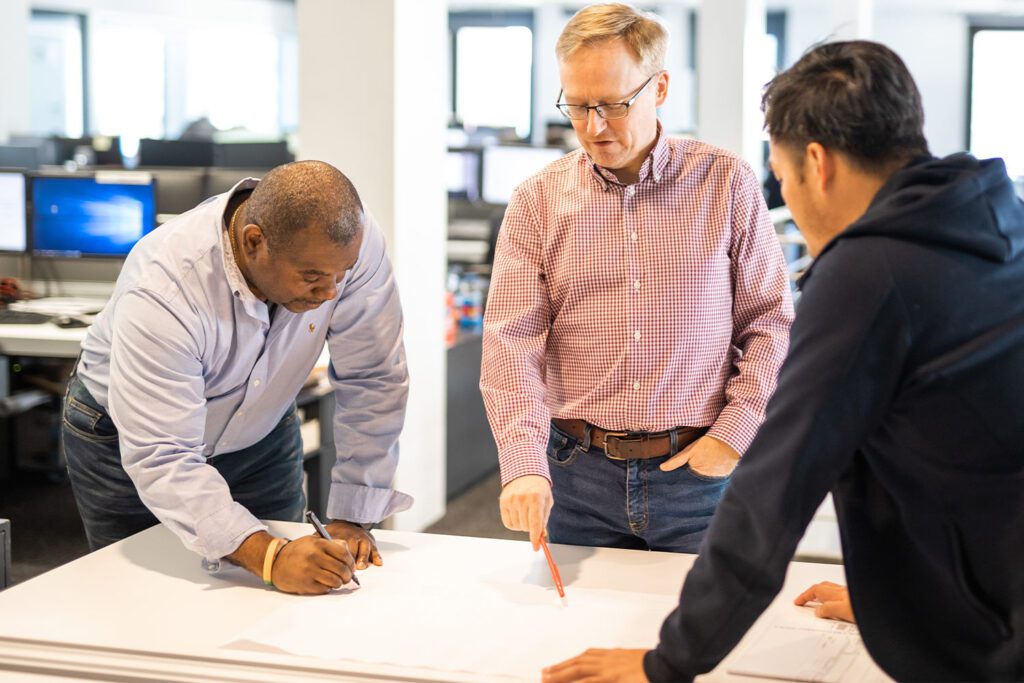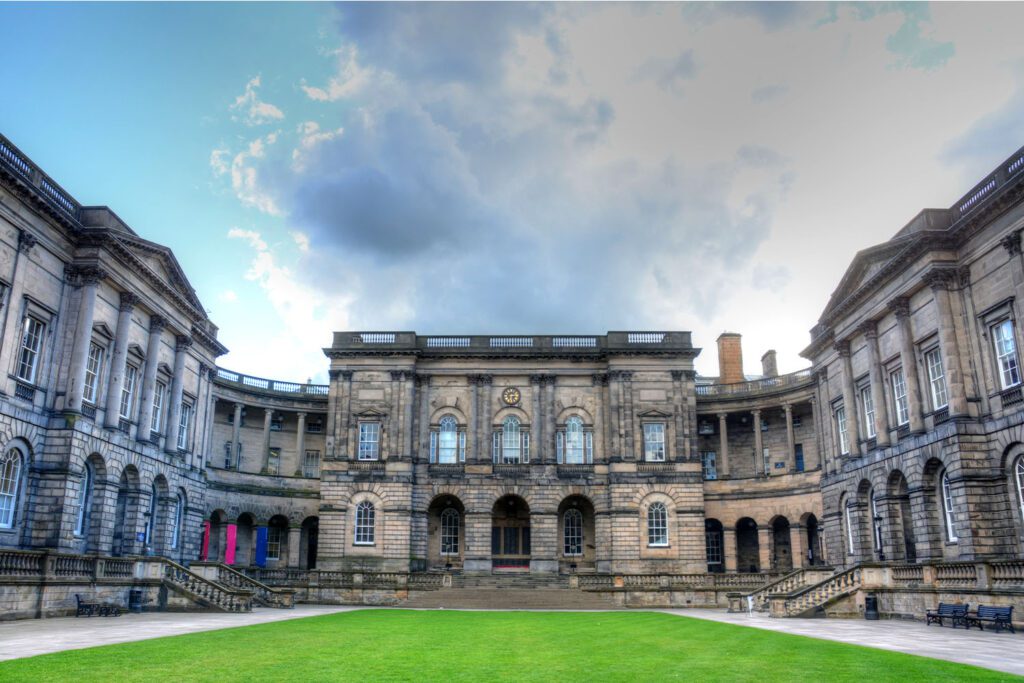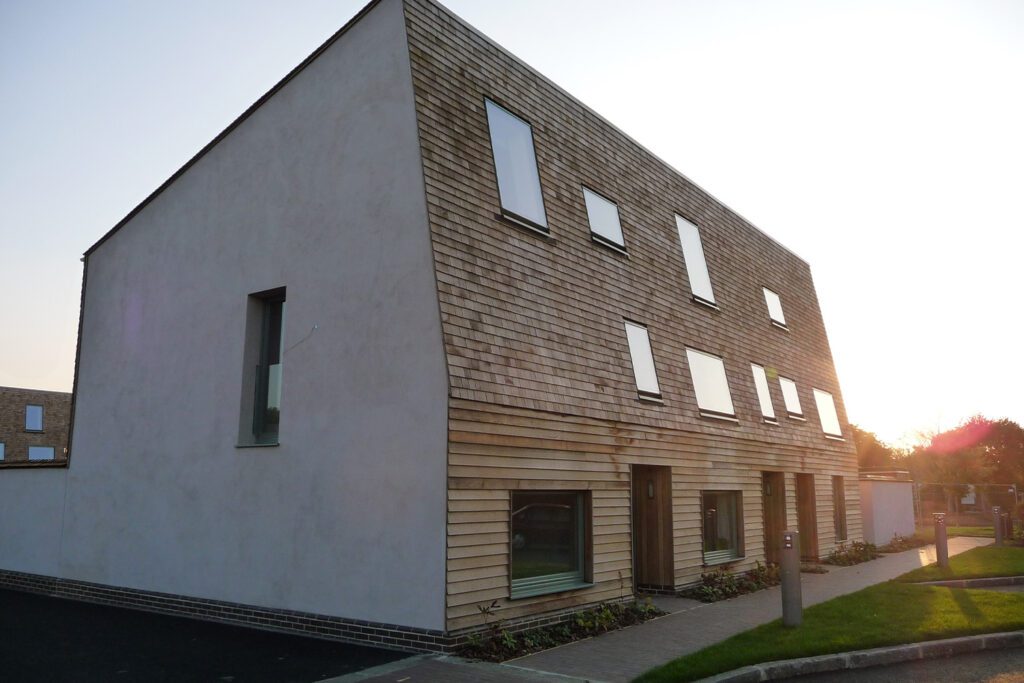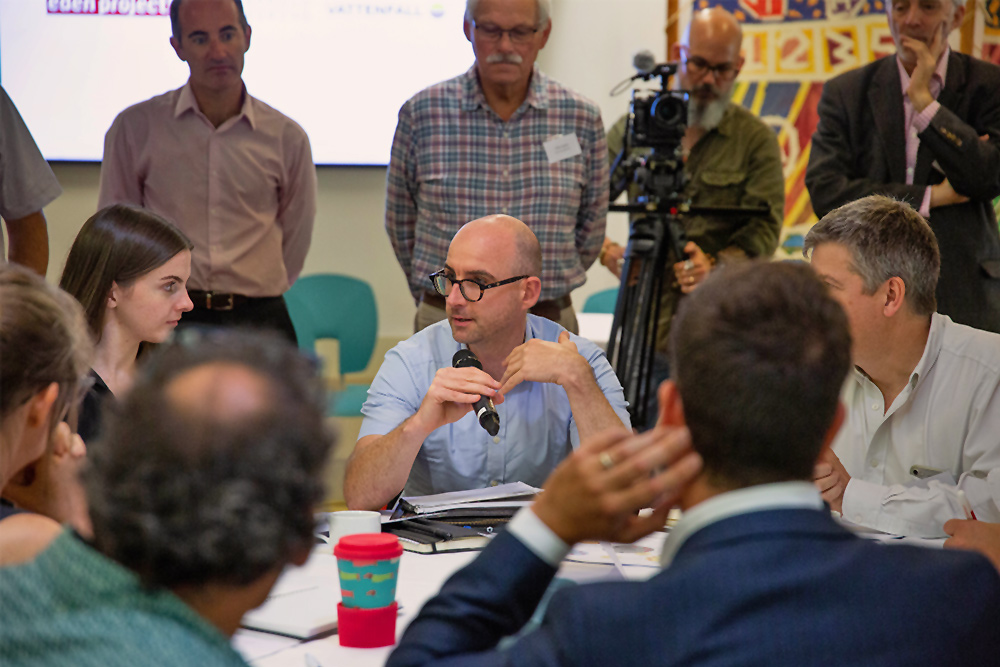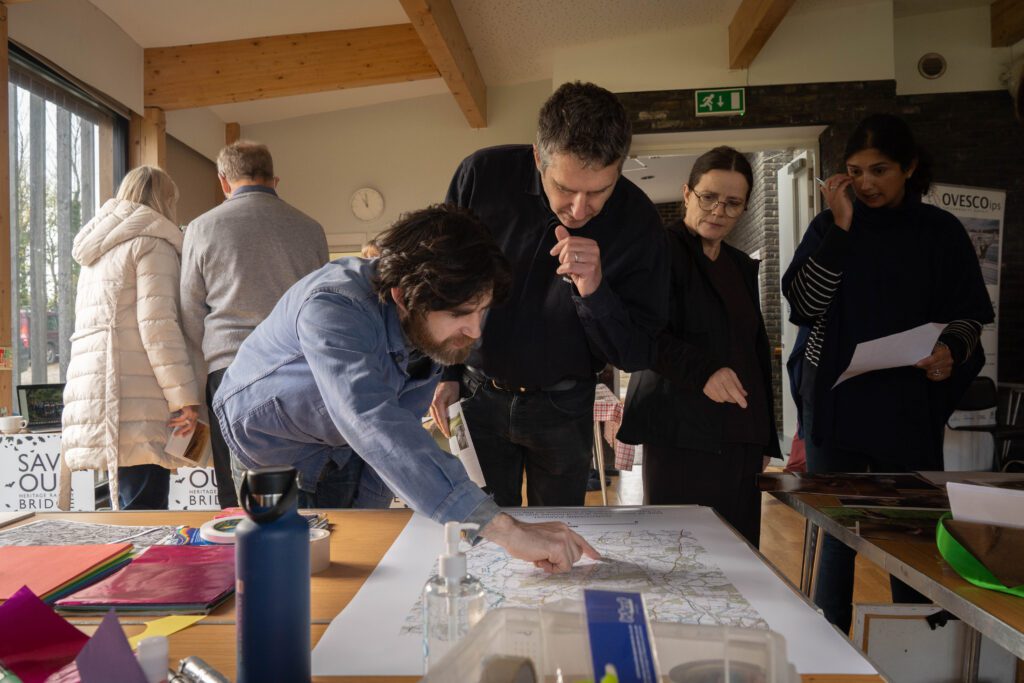
Decarbonising communities

Energy sits at the heart of our communities. Everything we do depends on a reliable flow of affordable low-carbon energy, from heating our homes to powering our laptops and cars. With net zero targets looming, managing the transition away from fossil fuel heating is a key priority for the UK Government.
Our consultants work closely with clients, communities and other stakeholders to set targets, review options and prepare recommendations for the best way to transition to being a low-carbon community. We use a range of technical and socio-economic approaches to determine the route map to net-zero, drawing on our interdisciplinary skills and experience. We can help clients from the earliest feasibility stage right through to procurement, delivery and operation. Our focus is always on meeting the community’s needs in a practical, affordable and deliverable approach.
Case Study: CommuniHeat
Making this transition while maintaining affordability and comfort is the key challenge facing households. This challenge is compounded for the UK’s four million off-gas homes, whose dependence on oil heating means they have twice the carbon footprint and 40% higher fuel bills than the average household.
CommuniHeat is a first-of-its-kind project which puts local people and their stories at the centre of climate action. It gives community members the information they need to make informed choices on their route to net zero.
By collaborating with UK Power Networks, this transition away from oil on the local electricity grid is minimised, meaning unnecessary infrastructure upgrade costs are not passed onto households.
Rural communities often suffer from fuel poverty and high energy bills but also benefit from being situated within areas with high levels of renewable energy resources. We work with communities to provide technical and commercial solutions which allow them to access these resources for their own benefit.
Alasdair Young, Partner.
Lessons learnt so far
- CommuniHeat has helped us understand the barriers to decarbonising off-gas communities and serves as a pilot for over 4 million homes in a similar situation to rural homes in Barcombe.
- Many off-gas households want to remove their reliance on oil heating and reduce their carbon emissions. However, they lack a clear plan for achieving this while maintaining affordability and comfort.
- Using a digital twin as a visual roadmap to communicate information to the community increases household confidence and empowers community decision making.
- Improving building fabric, increasing heat pump uptake and installing local community-owned renewable energy assets is key to driving down household energy bills during the net zero transition.
- Community engagement is integral to the success of these early decarbonisation initiatives, with residents informing various data points to help Buro Happold create a digital twin of the village, illustrating its capacity for change.
- Engagement can take place online through various means. However, face-to-face interaction is still invaluable, as residents provide the most useful and up to date information at community events.
- Support from local government is vital in reporting these initiatives into the overall net-zero 2030 UK strategy. Government must be aware of ongoing net-zero plans to better grasp the barriers to their 2030 goal as early as possible.
- Collaboration with UKPN and Ovesco has provided unique insight into energy financing, with our expertise facilitating the creation of a model to assess the best options for investment and the network infrastructure needed to decarbonise rural communities.
The scalable approach to this project is important, you can’t do this deep-dive on all 4 million rural homes so there has to be a strategy implemented at a higher level.Not every community is going to be as engaged as Barcombe is, so collecting this data, doing analysis, and applying it to the wider building sector will be hugely impactful.
Isobel Hammond, Cities Senior Energy Engineer


